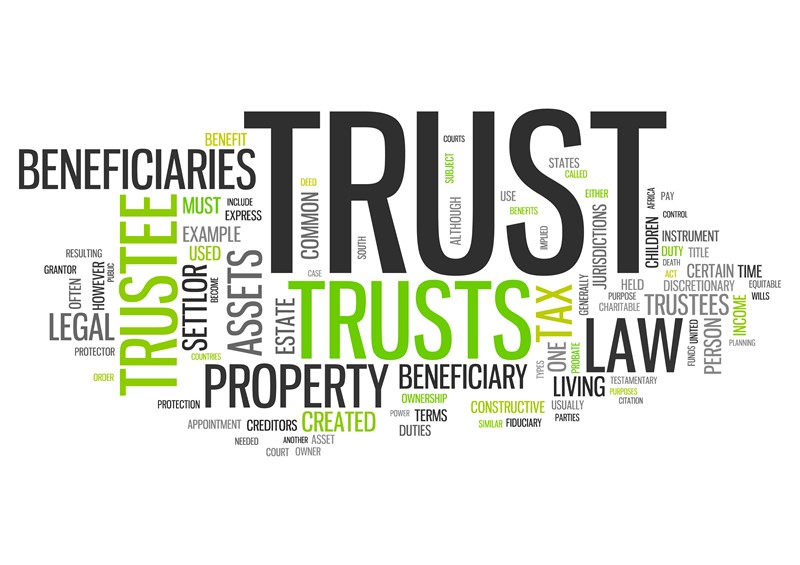HMRC’s internal manuals states that the word `trust’ describes a relationship between certain persons
- which is recognised by the law;
- concerned with particular property; and
- enforceable by reference to rules of trust law.
Effectively, a trust is an obligation that binds a trustee, an individual or a company, to deal with assets – such as land, money and shares – which form part of the trust. The person who places assets into a trust is known as a settlor and the trust is for the benefit of one or more 'beneficiaries'.
The trustees make decisions about how the assets in the trust are to be managed, transferred or held back for the future use of the beneficiaries. They are also responsible for reporting and paying tax on behalf of the trust. A trust needs to be registered with HMRC if it pays or owes tax. CGT may be payable when assets are placed into or taken out of a trust.
If assets are placed into a trust, then tax is paid by either the person selling the asset to the trust or the person transferring the asset (the 'settlor'). If assets are taken out of a trust, the trustees usually have to pay the tax if they sell or transfer assets on behalf of the beneficiary. However, the rules are complex and there are different types of trusts that need to be considered. For example, bare trusts or non-UK resident trusts.


